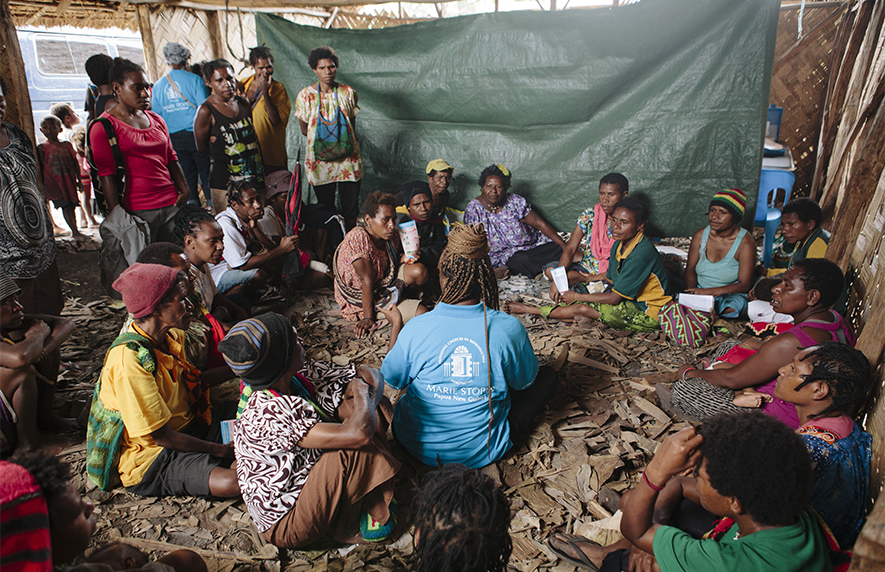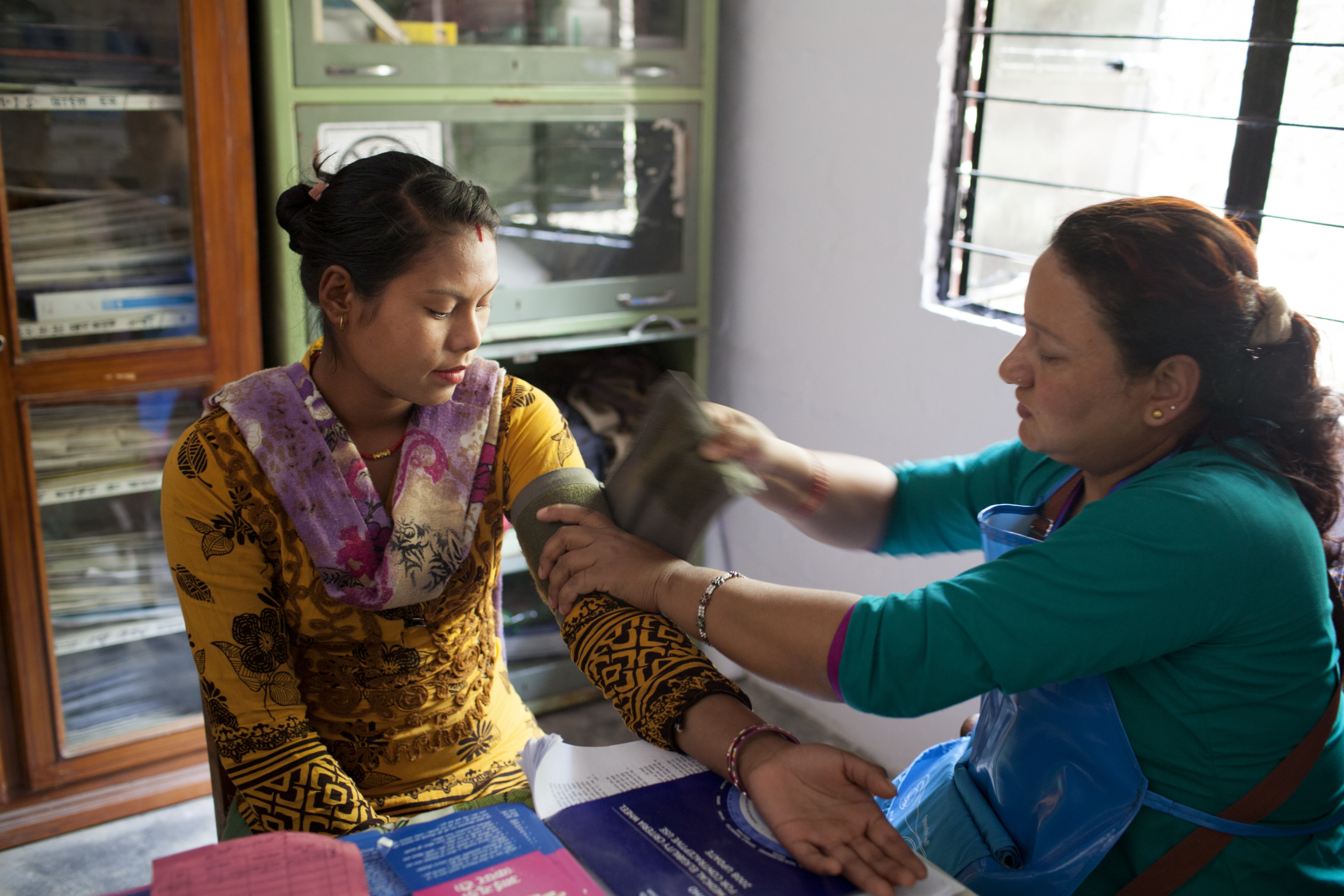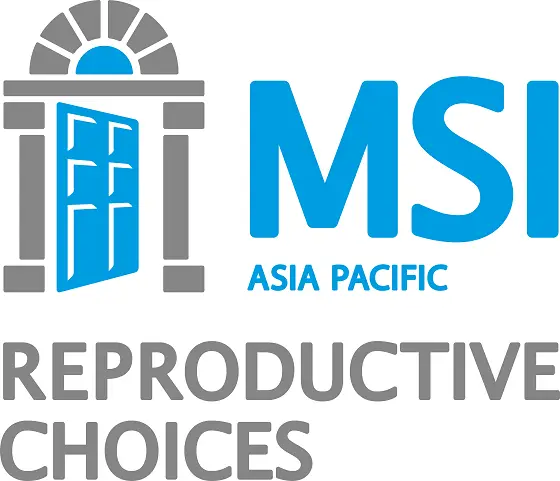The COVID-19 pandemic has made it more important than ever to safeguard access to SRH services, to prevent a backsliding of gains made in access over previous decades. Women and girls have been most impacted by the effects of the pandemic, with the most concerning results being an increase in the numbers of unplanned pregnancies, maternal deaths and gender-based violence.
The Responding with Essential SRHR Provision and New Delivery mechanisms (RESPOND) project aims to restore services, particularly to marginalised populations such as young people, people living in poverty, and people with disabilities.
The pandemic has also highlighted challenges and limitations with existing service delivery models and the need to be able to respond to future crises, by strengthening, scaling up, and sustaining new approaches.
In order to continue to support clients’ access to SRH services, we have to adapt to a new and changing environment for health service delivery. Many organisations have shifted services to digital platforms, from counselling on family planning and SRH through telemedicine centres, to online booking systems for appointments and referrals or using social media and SMS for awareness and promotion of how and where clients could access services.
The program
RESPOND is a two-year program being implemented jointly by MSI and IPPF across 22 countries in the Asia Pacific region, funded by the Australian Department of Foreign Affairs and Trade.


Program results
By the end of the program, RESPOND aims to:
- Provide high-quality and equitable SRH services through established service delivery channels.
- Ensure that women, men and young people have access to digital health services (telemedicine) and alternative service delivery models (home based care, self-care, etc.)
- Ensure that women, men and young people receive quality, trusted and accessible information on SRH and COVID-19.
Contact


